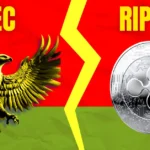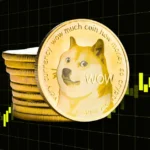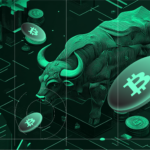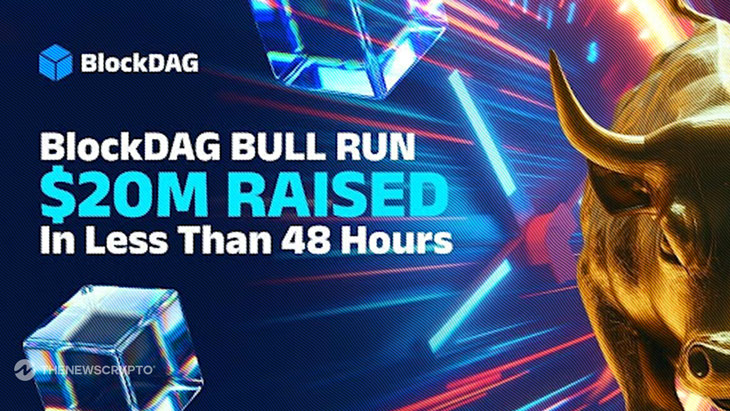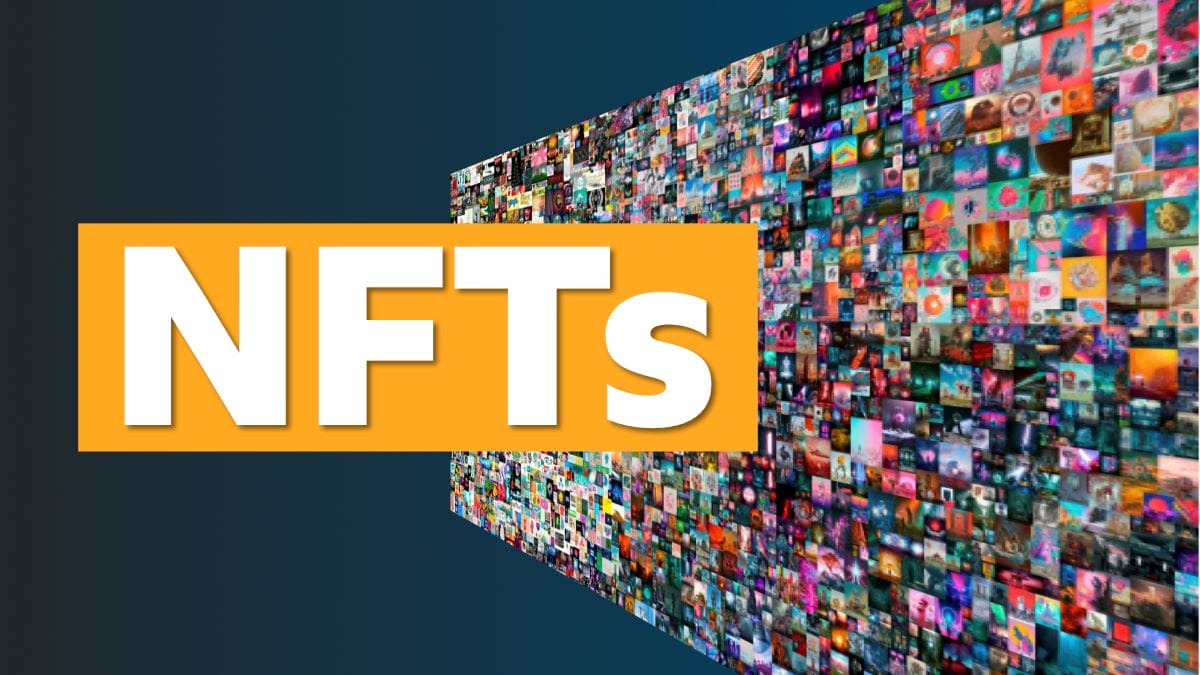
- 96% of NFTs are considered dead, signaling a major downturn in the market.
- The average lifespan of an NFT is now just 1.14 years, far shorter than expected.
According to an NFT Evening research report, the NFT market is experiencing an alarming decline, with 96% of NFTs now considered “dead.” This designation pertains to NFTs with little to no trading volume, sales, or social media engagement.
The findings, based on an analysis of over 5,000 collections and 5 million transactions, show that the market is struggling to retain value.
NFT Evening released its latest report, and the NFT market is facing a serious recession. 96% of NFTs are considered "dead". About 43% of NFT holders are currently in a loss, with an average loss of 44.5%. The average lifespan of NFTs is only 1.14 years, which is 2.5 times…
— Wu Blockchain (@WuBlockchain) September 4, 2024
NFT Market Reaches Its Fragile Peak in 2023
The steep fall in the NFT market peaked in 2023, with 30% of NFTs becoming inactive. This dip, albeit part of a bigger trend, highlights the fragility surrounding digital assets. Once touted as the future of digital ownership, NFTs are now seeing a dramatic decline in interest and investment.

According to the research, the average longevity of an NFT is only 1.14 years, making it 2.5 times shorter than standard crypto ventures. This abbreviated lifecycle reflects the NFT space’s high volatility and speculative character.
Furthermore, 43% of NFT investors are currently experiencing losses, with an average fall of 44.5% in their investments. Some collections, like Azuki, have thrived thanks to strong community engagement and smart marketing, while others have seen their value drop. Pudgy Penguins, for example, has suffered significant losses, with some individuals losing up to 97% of their investment.
Despite that, the NFT market retains its adherents. New breakthroughs continue to occur, including the incorporation of NFTs into industries such as fashion. For example, VeChain-backed collections have begun to transform the luxury garment industry.
As we previously reported, the recent debut of the W3AS line, which combines high-end fashion with one-of-a-kind NFTs, exemplifies how tokenization is disrupting traditional sectors. VeChain has played a pivotal role in this shift, pushing the limits of how NFTs may be integrated into numerous industries.


